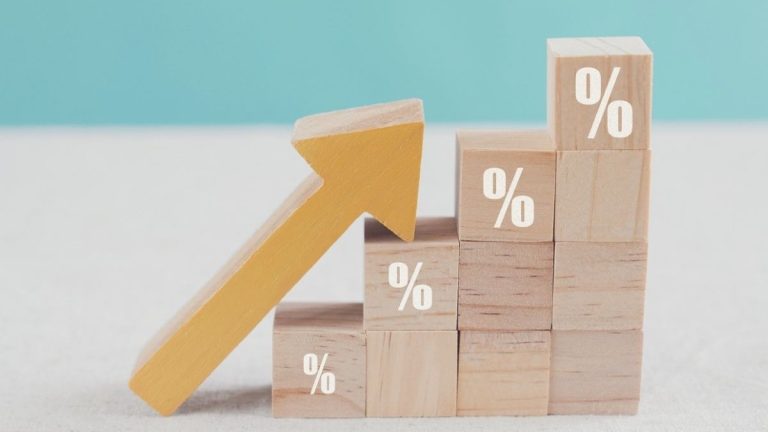Dutch Senate Vote on Remote Gaming Bill Set for February 19

After a February 12 Senate debate, the vote on the Netherland’s Remote Gaming Bill was postponed to February 19. Online gamblers in the country will, therefore, have to wait a couple more days to know it their lawmakers are willing to approve a locally licensed online gaming market. Hopefully, the bill which has been ongoing since 2015 will have a better shot at getting passed alongside the Casino Reform Bill which has also attracted a notable amount of attention.
Many stakeholders and proponents of the remote gaming bill are optimistic that it has a high chance of being passed this time around – before the suspension of the vote, the plenary session that was discussing the bill was suspended after the lawmakers demanded clarification of three vital issues from Justice Minister Sander Dekker. The biggest concern for the lawmakers was how operators who had previously operated illegally in Netherland’s gaming market would be treated if the gaming bill is passed. According to the minister, the operators would first have to prove themselves to be “reliable” before being awarded gaming licenses.
“A license applicant who has actively offered online gambling services in the past will be able to remove doubt regarding its future reliability by showing good behavior during a consecutive period prior to the license application. During the debate on February 5, I have called this a ‘cooling down period’,” the minister said during a plenary meeting held in early February.
Previously, the so-called ‘cooling down period’ was set to five years but thanks to a proposal by the Dutch Labor Party and backing from Minister Sander Dekker, the blackout period has since been reduced to two years.
Advertising was also a major concern for lawmakers but the minister refrained from providing any substantial information regarding the extent to which regulatory policies would handle advertising. However, he mentioned that the KSA, the regulator, would be given the mandate to review, and possibly, implement advertising policies.
Other than the issues that lawmakers sought clarification on, the debate has been progressing in a satisfactory manner and it has even garnered enough supports from several political parties.
Increased Illegal Gambling
It is about time that the Dutch government taps into the illegal online gambling market which has reportedly grown by 20 percent in the last two years. Motivaction estimates that the Dutch Treasure has been missing out on €175 million in tax revenue annually thanks to the fact that the progress of the gambling bills has been stalled for over three years in the national legislature. In addition to this, a great number of the people who visited these illegal online gambling sites said that they would have greatly preferred to play with licensed operators, which are still not available. Clearly, things need to change.



